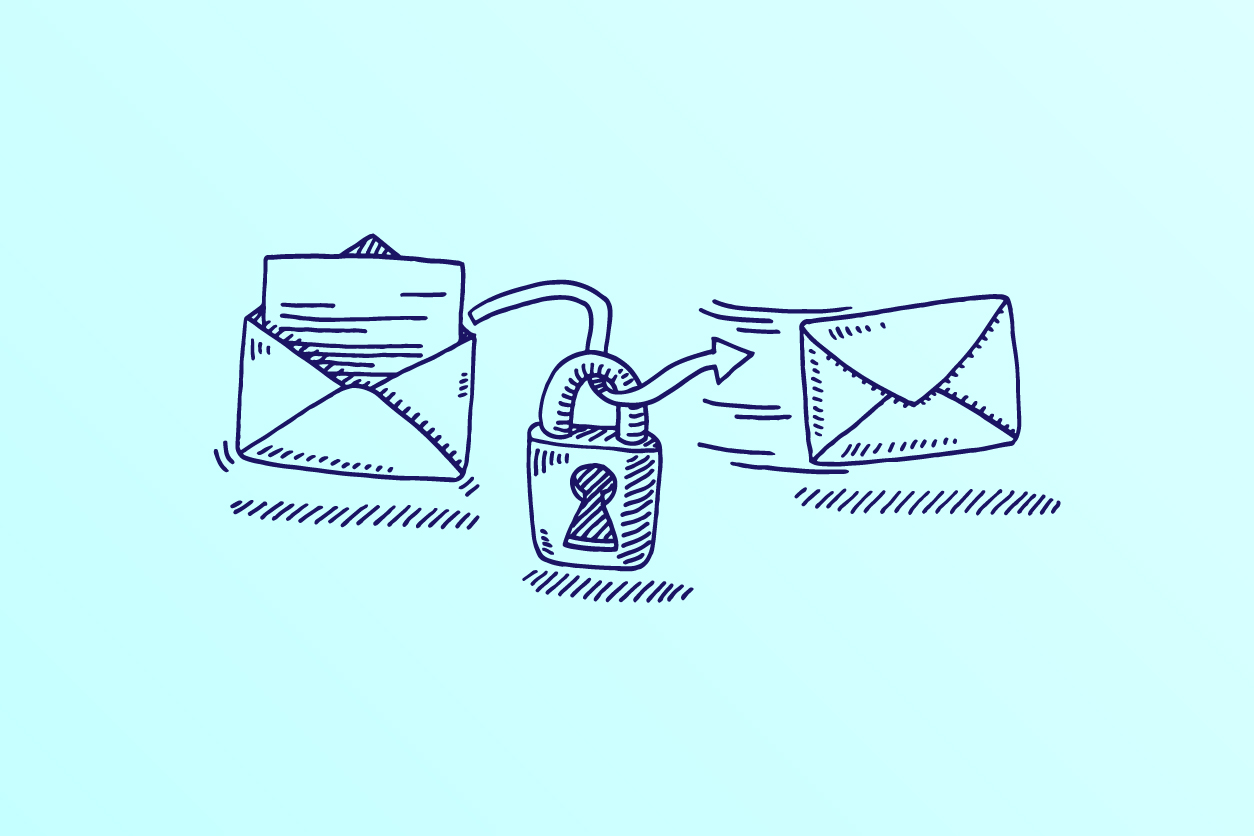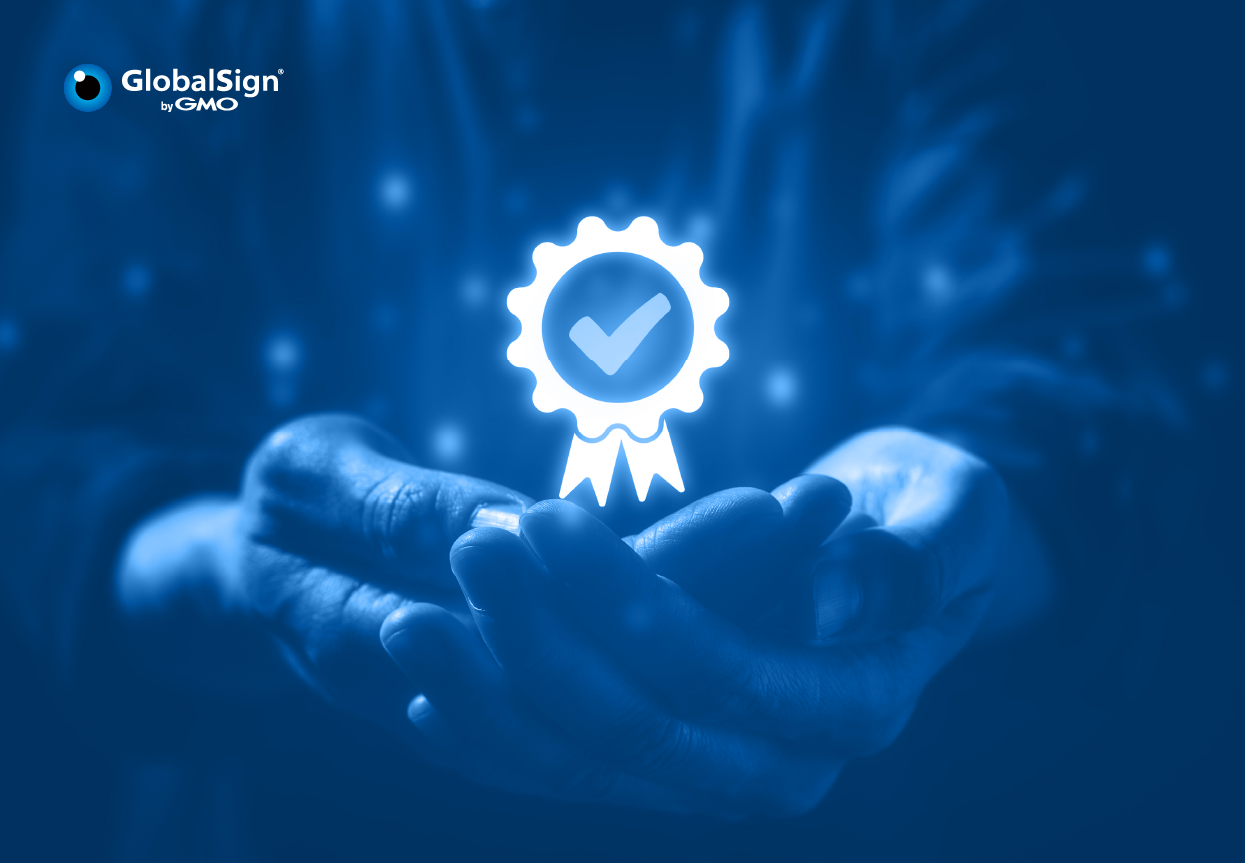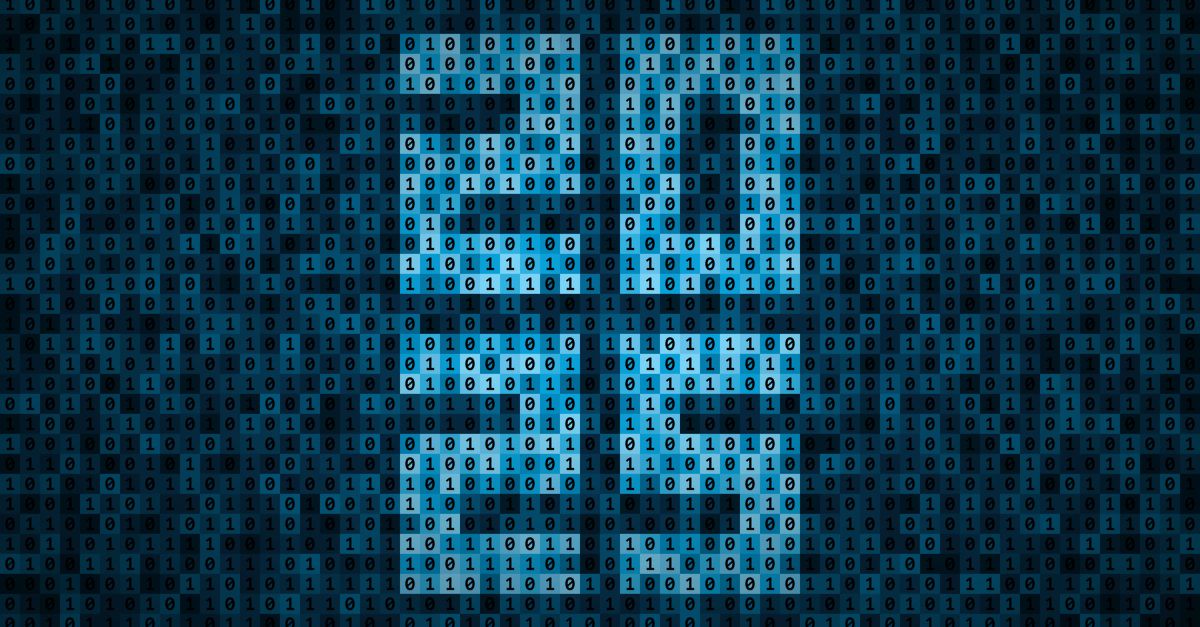Everyone needs privacy, from securing our door locks, to keeping our devices and accounts password-protected, there is always some level of privacy we seek. But what about emails? While we may be able to password protect our email accounts, how do we know for sure that the content of the emails we send will not be intercepted along the way? How can we ensure that this will not happen?
Email hijacking is a real thing. When perpetrators want to steal information, they can compromise and access a target’s email account. An analysis of about 500,000 monthly email attacks by Barracuda researchers in July and November of last year shows a 400% increase in domain-impersonation attacks used for conversation hijacking. Unencrypted emails are also vulnerable to man-in-the-middle (MTTM) attacks, where hackers insert themselves in email threads without both ends realizing that the hacker is controlling the conversation. Instances like these pose a very big threat to companies both structurally and financially.
Email communications must be secure especially if the communications contain confidential information. Simple Mail Transfer Protocol (SMTP), or the default way of sending messages, supports encrypted sessions for secure email but is not mandatory. When we hit send, we basically hope that the contents are not read by any third party or be compromised along its way. Do you trust that your email provider has enough security in place? Or even trust that they will not look into your messages.
Securing Emails in Transit
How then can you secure your business communications? S/MIME adds a layer of security to your email system.
S/MIME stands for Secure/Multipurpose Internet Mail Extensions. At its basic function, S/MIME allows you to digitally sign and encrypt your messages. They are the industry standard for public key encryption for message-based data. By using S/MIME, you certify the integrity of your emails and eliminate the possibility of your emails being compromised by a third party.
If you were to send an email that contains critical information, S/MIME will enable you to secure your email in transit through encryption, where only the recipient can decrypt it. Moreover, by digitally signing emails, which is a key feature of S/MIME, you can also prove for certain that you are the sender of the email. This eliminates the chance of a possible man-in-the-middle attempt by perpetrators.
With over 3.5 billion people owning email addresses and counting, we have a fundamental responsibility with security on the internet. Adding encryption to email is the next step forward in email security. By encrypting and digitally signing our emails, we can be sure that no one else can read or intercept them, and that only the sender and the receiver can have access to the content of the email beyond our user perceptions.
GlobalSign offers comprehensive certificate management such as S/MIME for email encryption and added safety to protect emails from unwanted access. Our point-to-point message encryption is also compatible with many popular enterprise email clients. You can request for a demo here!
To learn more about our company and the full list of products we offer, you may visit our website, or check out our product list for enterprises and Internet of Things (IoT).
For more blog updates, click here.







